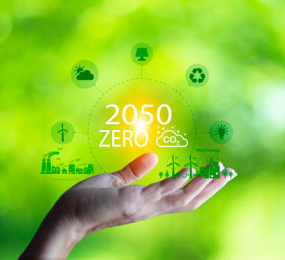Carbon Offsetting vs. Sustainable Aviation Fuel: A Comparative Analysis
The aviation industry, a significant contributor to greenhouse gas emissions, is under increasing pressure to reduce its environmental impact. Two primary strategies have emerged to address this challenge: carbon offsetting and sustainable aviation fuel (SAF). While both approaches aim to reduce carbon emissions, they differ in their mechanisms and effectiveness.
Carbon offsetting involves investing in projects that reduce or eliminate greenhouse gas emissions elsewhere, such as reforestation or renewable energy. By purchasing carbon credits, airlines can compensate for their emissions. However, critics argue that offsetting is not a sufficient solution and that it merely masks the problem rather than addressing it directly.
On the other hand, SAF is a more direct approach. Produced from renewable sources like agricultural waste, municipal solid waste, and algae, SAF can be blended with traditional jet fuel to reduce emissions. While SAF is more expensive than conventional fuel, it offers a tangible and immediate reduction in carbon emissions.
In conclusion, while carbon offsetting can be a useful tool to mitigate emissions, it should be used in conjunction with other strategies, such as SAF. A combination of both approaches, along with technological advancements and operational efficiencies, can help the aviation industry achieve its sustainability goals. Ultimately, a comprehensive and multi-faceted approach is necessary to address the complex issue of aviation emissions.
Visit our website to know more: https://www.leadventgrp.com/events/world-sustainable-aviation-fuel-forum/details
For more information and group participation, contact us: [email protected]
Leadvent Group - Industry Leading Events for Business Leaders!
www.leadventgrp.com| [email protected]
















